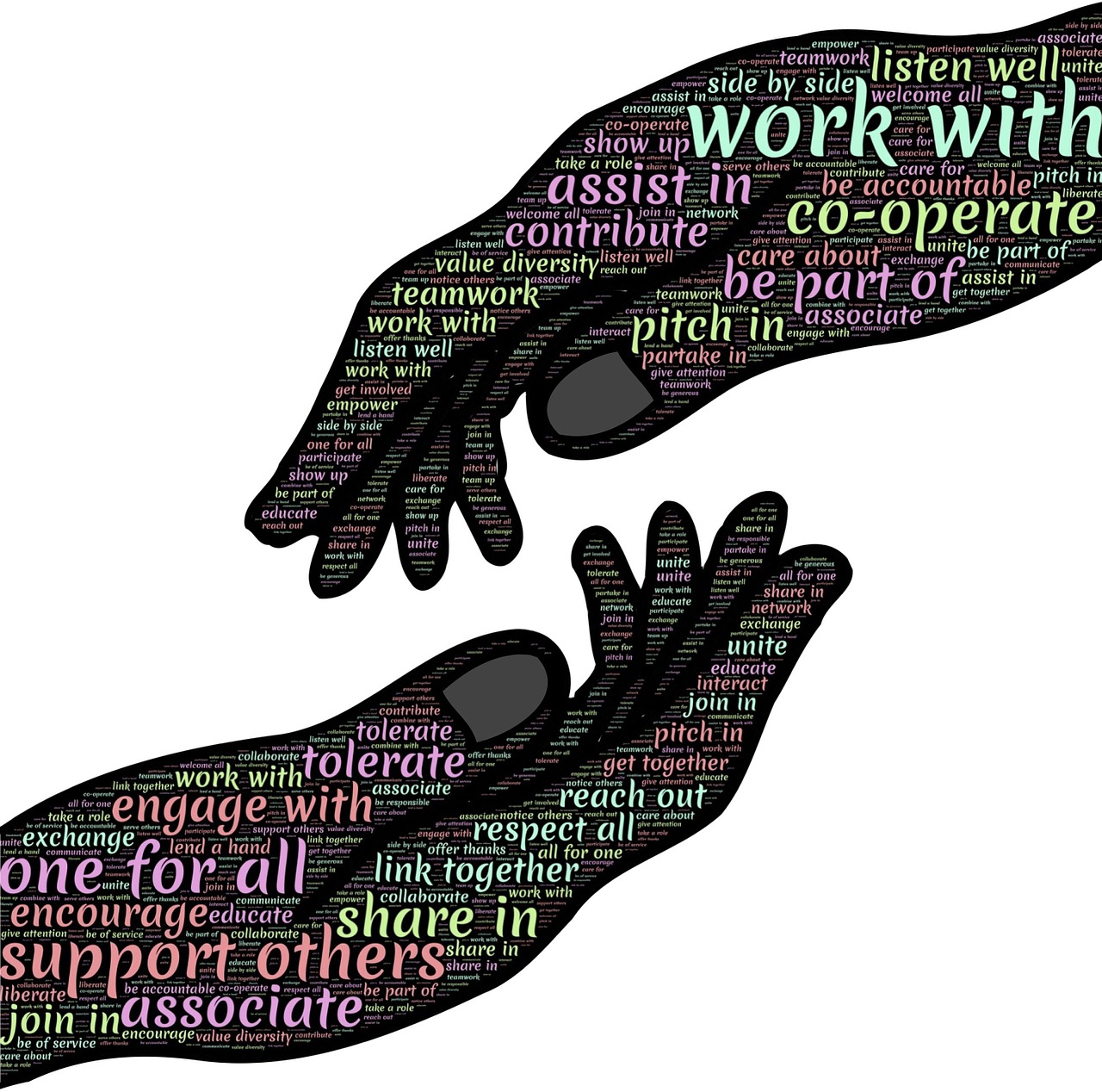Part Seven in our series on the Seven Commitment Traits and coaching leaders.
In our initial articles, we have looked at how to coach several of the Seven Influence Traits. Today, we move to the last of the Seven Influence Traits™ - Likeability.
Likeability is the degree to which others view one’s personhood and presence in a positive light.
In other words, it is how people respond to the statement, "Joe will be at our gathering." If people think, "Great," you are likeable. If they think, "Oh no," or they are indifferent, you aren’t.
Your client’s likeability depends on the ability to create positive attitudes in other people through the delivery of emotional and physical benefits. If they are highly likeable, it typically means they bring people joy, put them at ease, and reap the benefits of friendship.
People will follow a tyrant for a period of time, but fear is a lousy motivator. As soon as a friendlier option with similar benefits presents itself, they’ll jump ship.
How to Develop Likeability in Your Client
This might be one of the most challenging areas to coach or provide consultative insight because you are going to the root of their personhood. No one likes being told, “People don’t like you,” yet we all have room to grow in being less selfish and improving our relationships with others.
Start with providing your client a true perception about how they are seen by others: aloof, never serious, kind, uncaring, etc. Simply asking other people to whom your client relates will provide you ample, soft research to provide this feedback.
Six Ways to Improve Your Clients Likeability
1. Help them see if they are mirroring others.
Scientific research has pointed out that mirroring others helps them to identify with us. If everyone in the room is laughing at a anecdote and your client’s response is to be looking frenzied over a report, it’s time to wake up and smell the coffee. We all desire human empathy and sympathy.
2. Assess how much time they are spending with others.
Psychology has a term called “mere exposure effect.” It means that people like things that are familiar to them. Get your client out of the ivory tower and among the people they are charged with leading or with whom they work.
3. Have them be an encourager.
Have your client offer sincere compliments. For many people, this isn’t natural and will require them to actually practice it. Have them create a list of key relationships and put a tick mark next to the person's name when they encourage that person or provide a compliment. Make sure they aren’t using false flattery or meaningless compliments. In addition, don’t overdo it. If you compliment someone too much, he/she might question your motives or honesty. However, if you compliment someone only once in a while, your actions are more likely to stand out and make that person feel good. Find something for which they can truly praise the person. This will soon become second nature, and they can say goodbye to the mechanics of a list.
4. Exhibit optimism.
Everyone has the same set of facts, but not everyone interprets the same. What some might deem a disaster, the optimist can say, "Here is a great challenge we can overcome." The same sense of urgency about providing a solution is present and the same energy applied; however, the situation is simply reframed as a growth opportunity. No one likes a Debby Downer unless it’s a Saturday Night Live skit.
See the best in others. Psychologist Amy Cuddy writes in Harvard magazine, "If you think someone's a jerk, you'll behave toward them in a way that elicits jerky behaviors." Realize everyone has a hidden battle that they are fighting that we can’t see. If you hear your client providing a blanket label to someone, challenge them on it.
5. Listen, listen, listen and then talk.
One of the greatest ways to create likeability is to make others feel important. There is no better way to do this than listening. Have your client practice active listening. People who ask questions are often well-liked. It shows we care about the concerns and agenda of others. Asking questions also shows we don’t have all the answers. Those who feel they have all of the answers are usually pushing their own agenda. This can come across as conceited, exhibiting a sense of pride that’s not attractive to anyone. If your client can truly help someone, they’ll best discover it through asking questions and listening first.
Talking is important, too. An extremely quiet person is challenging to like. Why? We never really know what he/she is thinking. If someone only asks you questions and responds with a “hmmmm” followed by another question, it makes us suspicious. Get your introverted clients comfortable with talking one-on-one by practicing with them. After they ask a question and hear a response, it’s fine to say, "If you were to ask me that question, I think I’d answer with _______." That creates a sense of camaraderie, even if their answer is different from their conversational partner.
6. Admit they are human.
No one likes someone who is always buttoned up and never makes mistakes. Why? Because we can’t identify with "perfection robots" that never fail. While we may aspire to be them, we don’t really like them. When clients makes a mistake, they need to 1) not assign blame 2) own up to it and 3) apologize if it affected a relationship. If they make a simple mistake, laugh about it and share their awareness of the mistake. We all identify with "being human," and we like people who are not 100% put together. Think of how many well-liked comedians use self-deprecating humor. This allows us to identify with them. “I’m not the only one who ...” is one of the most powerful means of attraction we have to others. Vulnerability is a bridge that fosters likeability.
You, The Likeability Coach
Of course, it must be noted that you must be likeable and model these behaviors to those you coach and with whom you consult. Example is the best teacher. Having your clients take the Keller Influence Indicator® can provide you a dynamic score of their likeability, and you can measure growth in this area. We offer special partnerships and benefits for affiliated coaches and consultants. Contact us to find out how to add a whole new dimension to your coaching and consulting practice.
Coaching each of the influence traits provides you an area in which to grow the influence of your clients. For more resources on coaching towards likeability or coaching for improvement in the six other traits, visit Karen-Keller.com





